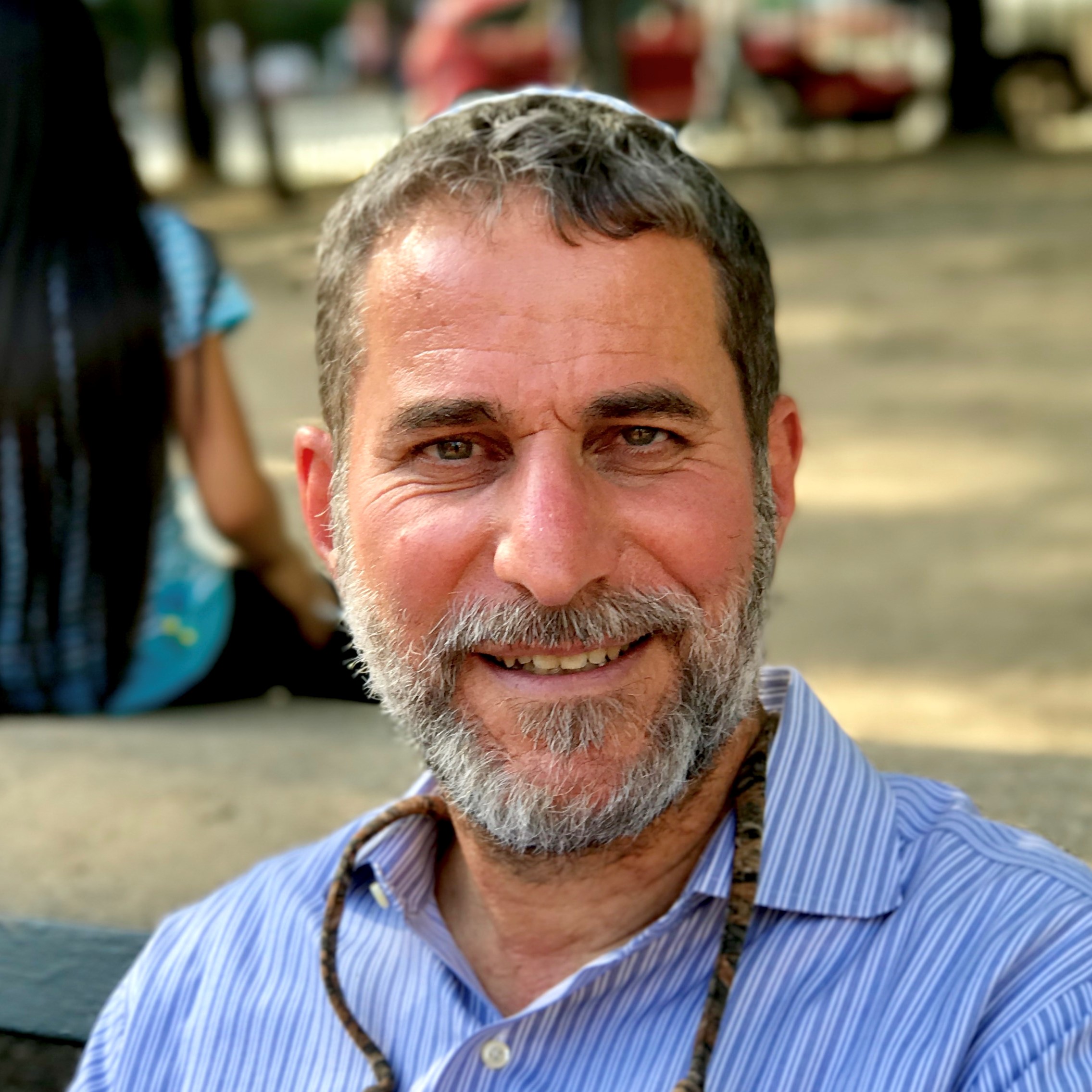Beit Midrash
- Torah Portion and Tanach
- Vayikra
- Tazria
"The sun sets and then he is ritually clean. He may then eat the sacred offerings that are his portion." (Lev. 22:7)
Waiting until the Day is 'Clean'
Curiously, the Talmud (Berachot 2a) interprets this verse in a forced fashion: "The sun sets and then it" — the day — "is clean" (i.e., finished). The Sages explained that the day must be completely over before the individual may partake of his offering.
Why not understand the verse literally: when the sun sets, the person is ritually clean? Why emphasize that the day must be 'clean'?
According to Maimonides in his "Guide for the Perplexed" (III: 47), different forms of tum'ah correspond to various flawed character traits, erroneous beliefs, and impure acts. The Sages wrote that tzara'at, for example, is the result of slander and haughtiness. It is logical, then, that the various stages of purification — immersion in a spring or mikveh, waiting until nighttime, and bringing an offering — will be connected to the correction of these faults.
Two Aspects to Repair
The Talmud refers to two levels of purification: purifying the day ("tehar yoma"), and purifying the individual ("tehar gavra"). What is the difference between the two?
Our goal in life should be to grow spiritually and become closer to our Creator. When we sin, we stray from our overall objective. We have also misused time that could have been utilized for spiritual growth. A full life is one in which all of the days have been employed towards one's principle objective. Abraham, the Torah tells us, was ba bayamim, 'well advanced in days' (Gen. 24:1). His days and years were full and complete, wholly occupied with spiritual pursuits.
When we stray from our spiritual aspirations, we need to make two distinct efforts in order to return to our original path. If I were to upset a friend, I would first need to correct my hurtful behavior. However, that alone would be insufficient to restore the friendship to its former state. The relationship will remain fragile until I have made an additional effort to rebuild the ties of friendship and affection.
The first stage — correcting the faulty behavior or flawed character trait - is analogous to the cleansing action of immersion in water. We immerse ourselves in the mikveh, leaving behind negative traits and flawed deeds. As we immerse ourselves in spiritual repair, we restore to the dimension of time its original purity. The day has not been lost to sin. With the setting of the sun, we begin a new day and a new start. This is the first level of purification, what the Sages called tehar yoma. The day has been purified; we have rectified the dimension of time.
Yet, we have not completely regained our previous state of purity. We still need to restore our former closeness to God. This is achieved through the final stage of purification: "he may then eat the sacred offerings." With renewed desire to be close to God, we bring an offering. The offering (in Hebrew, korban, from the root karav, to draw near) enables us to draw closer to our Maker with awe and love. At this point, we repair our relationship with God. Not only has the element of time been rectified, we too have become cleansed and renewed. This is the level of tehar gavra, when the individual is fully purified, and his errors are transformed into merits.
("Gold from the Land of Israel" pp. 195-197.Adapted from Ein Eyah vol. I, pp. 2-3.)
Rabbi Chanan Morrison of Mitzpeh Yericho runs ravkooktorah.org, a website dedicated to presenting the Torah commentary of Rabbi Avraham Yitzchak HaCohen Kook, first Chief Rabbi of Eretz Yisrael, to the English-speaking community






















